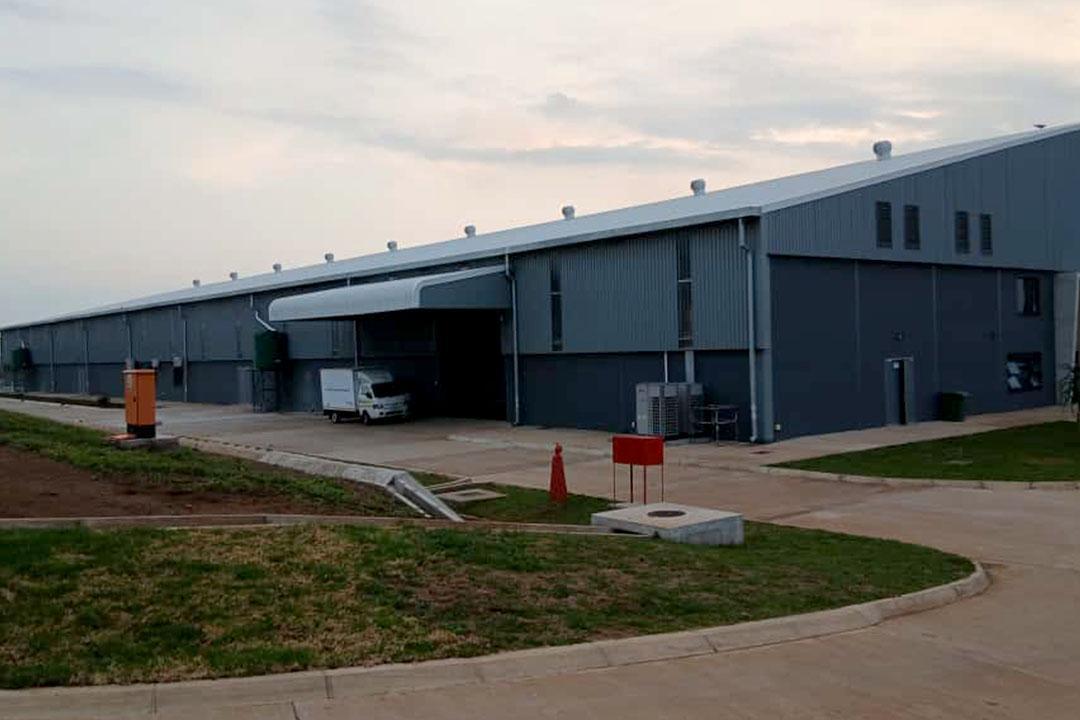Africa-Press – Eswatini. The Eswatini Investment Promotion Authority (EIPA) has scored a major economic milestone with the official opening of Sigma Clothing Green on 8 October 2025. Located in the new government built factory shell in Ndzevane, Lubombo Region, the factory is the country’s first green apparel facility and is set to create over 1000 jobs, boosting industrial growth in one of Eswatini’s most economically disadvantaged areas.
This initiative is a realization of the shared vision between the investor and the Eswatini Investment Promotion Authority (EIPA) to locate a significant manufacturing operation in one of Eswatini’s highest impoverished areas. Sigma Clothing, which started its journey in 2017 with 190 employees, is now expected to create over 1000 jobs in its initial phase at the new site, providing substantial employment, particularly for women.
The factory’s ‘Green’ status, which includes achieving an Environmental Compliance Certificate, reflects a deep commitment to environmental and social responsibility. Key investments include a solar photovoltaic (PV) system, a reverse osmosis water purification system, and rainwater harvesting. Furthermore, the factory addresses textile waste by partnering with the Gamula Training School to upcycle fabric off cuts, empowering local people with valuable skills.
Executive Manager of Investment Promotion, Martin Masilela, lauded Sigma, calling them “value co-creators for sustainability” and highlighting the factory as proof of EIPA’s mandate to promote Eswatini as a destination of choice.
Acting EIPA CEO Hanalora Strydom noted that the project transforms the collective aspirations of the decentralization program, ensuring that factories operating in rural areas become flagship companies for the Kingdom. The presence of international clients like The Foschini Group (TFG), which includes brands like Jet and Exact, validates the choice to manufacture in Eswatini and is expected to attract further investment.
Sigma’s commitment extends into the community, evidenced by recent donations of over 180 pairs of school shoes to Ndzevane Primary School. This integrated approach aligns industrial growth with Eswatini’s national climate goals, demonstrating that economic efficiency and ecological integrity can thrive together.
For More News And Analysis About Eswatini Follow Africa-Press







